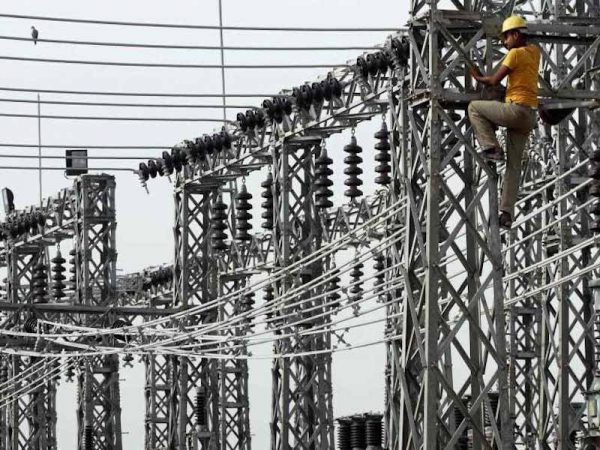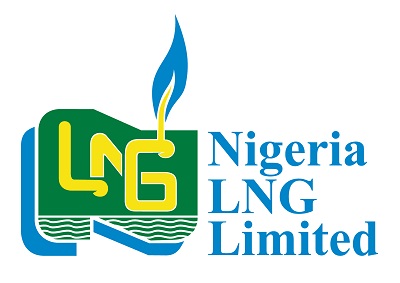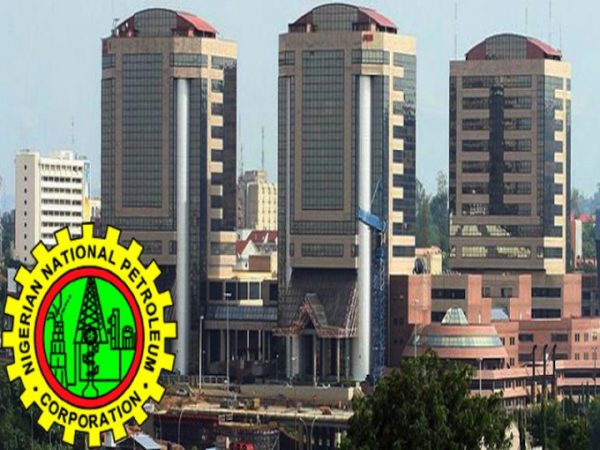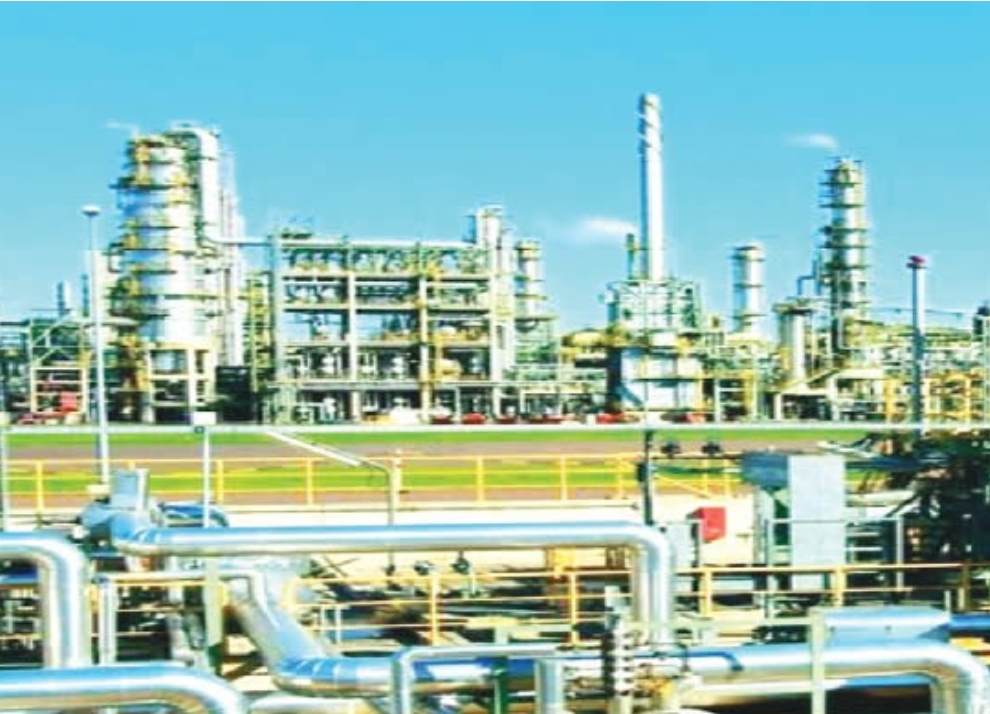Poor Power Supply to Persist as Gas Shortage Lingers
 There is no end in sight for the country’s poor power supply with five generating plants remaining shut down as inadequate gas supply to the plants lingers, media has learnt.
There is no end in sight for the country’s poor power supply with five generating plants remaining shut down as inadequate gas supply to the plants lingers, media has learnt.
A report obtained by media source from the Advisory Power Team in the Office of Vice-President showed that five gas-fired plants were not generating electricity on account of gas supply shortage, while one unit of the Egbin Power Station was also down due to inadequate gas supply to fire the six-unit capacity power station.
According to the daily report, the Gencos that could not produce electricity were Calabar and Geregu plants in Cross River and Kogi States, respectively, which belong to the Niger Delta Power Holding Company (NDPHC).
Others were Ibom Power Plant in Akwa Ibom State; ASCO Plant and Unit 6 of Egbin Power Plant.
Despite the recent claim by the Nigerian National Petroleum Corporation (NNPC) that there was enough gas for power production in the country, the report revealed that gas shortage remained the dominant challenge of the power sector between Sunday and Wednesday.
For instance, the report indicated that the average power generation on Sunday was only about 3,605 megawatts as the plants could not generate 1,942.5MW due to unavailability of gas.
Also, 70MW was not generated due to weak transmission infrastructure, while 1,814.5MW was not generated due to a high frequency resulting from inadequate distribution infrastructure.
The report also showed that only 3,473MW was generated on Monday, while 3,721MW was constrained due to gas shortage and line constraints.
On Tuesday, the report showed that 3,571MW was generated, while 4,488MW was constrained due largely to gas shortage and a number of other factors.
“The dominant constraint on August 19, 2018 remained unavailability of gas – constraining a total of 1,942.5MW from being available on the grid,” the report explained, while indicating that 1,792.5MW; 1,792.5MW; 2307.5MW; 2,265.5MW; 2,327.5MW; and 2307.5MW were not generated between August 18 and 13 respectively due to gas shortage.
“On August 21, 2018, average power sent out was 3,571MWh/hour (up by 97.82MWh/h from the previous day). 1,792.5MW was not generated due to unavailability of gas. 73.4MW was not generated due to unavailability of transmission infrastructure, while 2,621.9MW was not generated due to high frequency resulting from unavailability of distribution infrastructure.
“On August 22 2018, average power sent out was 3,654MWh/hour (up by 82.79MWh/h from the previous day), while 1,792.5MW was not generated due to unavailability of gas; 2,541.7MW was not generated due to high frequency resulting from unavailability of distribution infrastructure,” the report added.
Despite the poor power generation, the NNPC had claimed it had enough gas for power generation.
According to the corporation, the drop in power production was as a result of some factors outside its control.
While pledging to work with other stakeholders to resolve challenges in the power sector, the corporation blamed the poor current supply to what it described as the continuous rejection of load by the distribution companies (Discos) as a result of frequency management.
However, the government’s report showed that a lot of the power plants have been unable to produce enough power because of gas shortage.
For instance, the power stations at Alaoji in Abia State; Sapele in Delta State; Afam VI in Rivers State; Omotosho 1 and II in Ondo State; and Olorunsogo 1 and II in Ogun State plants could not generate 240MW; 112.5MW; 490MW; 120MW; 120MW; 114MW and 76MW, respectively.







